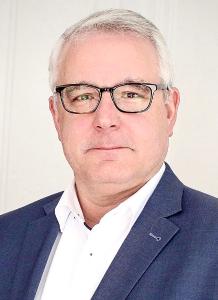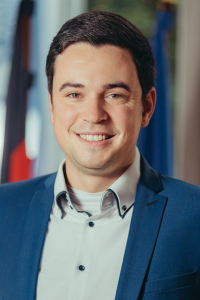Event
Details
After the disintegration of Yugoslavia, Slovenia quickly oriented itself towards Europe and was the first successor state to be recognized by all members of the European Communities within one month. The relatively homogeneous population composition compared to other states in the region and the infrastructure, which was largely spared from war damage, subsequently enabled a prompt stabilization and democratic development in the state with two million inhabitants between the Alps and the Adriatic Sea. In 2004, after positive referendums, the country joined both the EU and NATO, thus finally taking its place in the Western alliances. Since 2007, the Euro has been the official currency, acting as a further step in the country's European integration process. After the 2018 Parliamentary Elections, the political parties initially found it difficult to form a new government and, after protracted negotiations, agreed to a five-party alliance between liberals and center-left parties, which, however, only had a majority in parliament due to the acquiescence of another left-wing party. When this toleration ended, the coalition broke up and was replaced in 2020 by a collaboration between parts of the previous government and the conservative opposition. Janez Janša of the EPP party SDS became the new prime minister. Since then, he has led the country through the EU Council Presidency, among other things, but has also repeatedly been criticized for domestic political maneuvers and disputes with the EU institutions. The polls indicate a duel between SDS and the newly founded Freedom Movement GS.
Who are the winners, who are the losers of the 2022 Parliamentary Election? What issues dominated the election campaign and what role did the incumbent prime minister play in it? Were European policy issues present in the election campaign or have purely national issues been discussed? Will the formation of a government take as much time as last time or is a quick agreement likely?
The event "The Morning After - Slovenia has voted" will take place on Monday, 25 April 2022 from 09:30-10:15 CET via Zoom. We are looking forward to discussing the above-mentioned topics with our colleague Holger Haibach, Director of the KAS Office for Croatia and Slovenia. After the conversation between Mr. Haibach and Dr. Hardy Ostry, Director of the European Office of the Konrad-Adenauer-Stiftung, the audience will have the opportunity to contribute their questions to the discussion. The event will be held in German and will also be simultaneously translated into English.
For registration, please use the following LINK.
We look forward to your participation!
Here you will find the program for download: Programme 22-04-25 The Morning After (Slovenia).pdf




